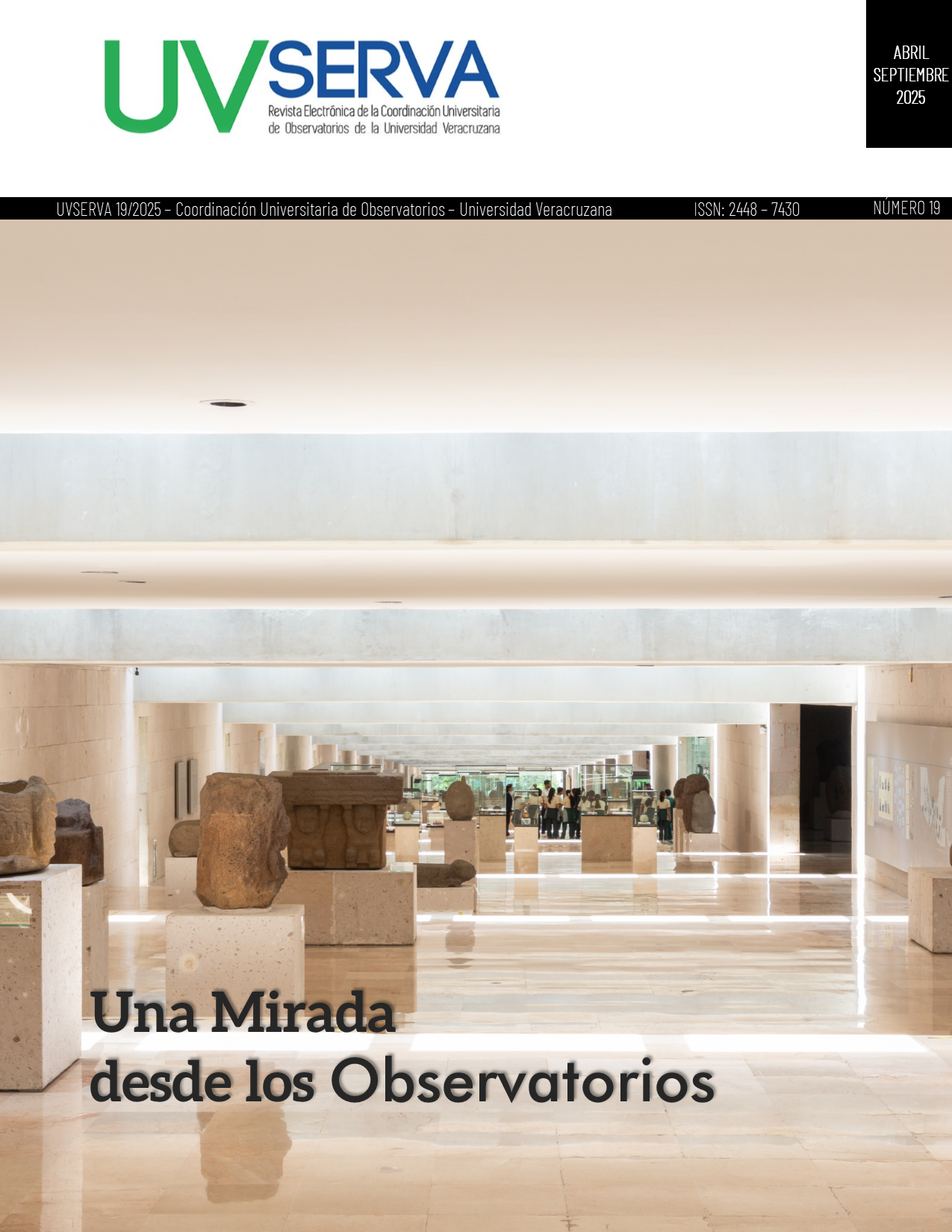Abstract
Resumen: Introducción. En los últimos años la resistencia a antibióticos ha ido incrementado en el mundo. No obstante, las complicaciones que se derivan de la farmacoresistencia sigue siendo una causa importante de morbilidad y mortalidad en pacientes hospitalizados. Por otro lado, las plantas medicinales se han utilizado como remedios para las enfermedades infecciosas tanto en animales como en humanos, ya que contienen diversos componentes de valor beneficioso. Las hojas de Pseudocalymma alliaceum (Lam.) se utilizan para tratar diferentes enfermedades basadas en la medicina tradicional en diferentes poblaciones de América del Sur. Objetivo. Por esta razón, el objetivo de este estudio fue evaluar la actividad antimicrobiana de los extractos acuoso, metanólico e hidroalcohólico de hojas de P. alliaceum sobre microorganismos de importancia clinica (Escherichia coli, Morganella morganii, Citrobacter freundii, Klebsiella pneumoniae, Enterobacter aerogenes and Salmonella typhi, Pseudomonas aeruginosa, Staphylococcus aureus resistente a la meticilina (SARM) y la levadura Candida albicans aislados de pacientes hospitalizados. Metodología. Para determinar la actividad antibacteriana y antifúngica se utilizó el método de difusión en agar Resultados. Los resultados mostraron que solo el extracto acuoso exhibió actividad antibacterial contra E. coli [diámetro de inhibición 23.2±1.0 mm) concentración mínima inhibitoria (312 µg mL) y concentración mínima bactericida (1.56 µg mL)] y E. aerogenes [diámetro de inhibición (24.4±1.6 mm), concentración mínima inhibitoria (119 µg mL) concentración mínima bactericida (78 µg mL)]. Conclusión. P. alliaceum demostró mejor actividad antimicrobiana contra bacterias Gram-negativas. Por lo tanto, deben realizarse más estudios para poder identificar su mecanismo de acción.
References
Abubakar, A. R., y Haque, M. (2020). Preparation of medicinal plants: Basic extraction and fractionation procedures for experimental purposes. Journal of Pharmacy and Bioallied Sciences, 12(1), 1-10. https://doi.org/10.4103/jpbs.jpbs_175_19
Al-Snai, A. E. (2018). Iraqi medicinal plants with antibacterial effect-A review. IOSR Journal of Pharmacy. 9(8), 22-109. https://tinyurl.com/3ssyrwt3
Barbieri, R., Coppo, E., Marchese, A., Daglia, M., Sobarzo-Sanchez, E., Nabavi, S. F., & Nabavi, S. M. (2017). Phytochemicals for human disease: An update on plant-derived compounds antibacterial activity. Microbiological Research. 196, 44-68. https://doi.org/10.1016/j.micres.2016.12.003
Barry, A., Bille, J., Brown, S., Ellis, D., Meis, J., Pfaller, M., y Traczewski, M. (2003). Quality Control Limits for Fluconazole Disk Susceptibility Tests on Mueller-Hinton Agar with Glucose and Methylene Blue. Journal of clinical microbiology, 41(7), 3410-3412. https://doi.org/10.1128/jcm.41.7.3410-3412.2003
Dugasani, S. L., Balijepalli, M. K., & Pichika, M. R. (2009). Growth inhibition and induction of apoptosis in estrogen receptor-positive and negative human breast carcinoma cells by Adenocalymma alliaceum flowers. Current Trends in Biotechnology and Pharmacy, 3, 278-286. https://tinyurl.com/mu7wty6k
Granados-Echegoyen, C., Pérez-Pacheco, R., Soto-Hernández, M., Ruiz-Vega, J., Lagunez-Rivera, L., Alonso-Hernandez, N., y Gato-Armas, R. (2014). Inhibition of the growth and development of mosquito larvae of Culex quinquefasciatus (Diptera: Culicidae) treated with extract from leaves of Pseudocalymma alliaceum (Bignonaceae). Asian Pacific Journal of Tropical Medicine, 7, 594-601. https://doi.org/10.1016/S1995-7645(14)60101-2
Kapcum, C., & Uriyapongson, J. (2018). Effects of storage conditions on phytochemical and stability of purple corn cob extract powder. Food Science and Technology, 38(Suppl. 1), 301-305. https://doi.org/10.1590/1678-457X.23217
Klančnik, A., Piskernik, S., Jeršek, B., y Možina, S. S. (2010). Evaluation of diffusion and dilution methods to determine the antibacterial activity of plant extracts. Journal of microbiological methods, 81(2), 121-126. https://doi.org/10.1016/j.mimet.2010.02.004
Mayer, F. L., Wilson, D., & Hube, B. (2013). Candida albicans pathogenicity mechanisms. Virulence, 4(2), 119-128. https://doi.org/10.4161/viru.22913
Mickymaray, S., Al Aboody, M. S., Rath, P. K., Annamalai, P., & Nooruddin, T. (2016). Screening and antibacterial efficacy of selected Indian medicinal plants. Asian Pacific Journal of Tropical Biomedicine. 6(3), 185-191. https://doi.org/10.1016/j.apjtb.2015.12.005
Muteeb, G., Rehman, M. T., Shahwan, M., y Aatif, M. (2023). Origin of antibiotics and antibiotic resistance, and their impacts on drug development: A narrative review. Pharmaceuticals, 16(11), 1615. https://doi.org/10.3390/ph16111615
Panda, S. K., Das, R., Lavigne, R., & Luyten, W. (2020). Indian medicinal plant extracts to control multidrug-resistant S. aureus, including in biofilms. South African Journal of Botany, 128, 283-291. https://doi.org/10.1016/j.sajb.2019.11.019
Pandey, A., y Tripathi, S. (2014). Concept of standardization, extraction and pre phytochemical screening strategies for herbal drug. Journal of Pharmacognosy and Phytochemistry, 2(5), 115-119. https://tinyurl.com/527vbtxz
Prabakaran, M., Kim, S. H., Sasireka, A., Chandrasekaran, M., & Chung, I. M. (2018). Polyphenol composition and antimicrobial activity of various solvent extracts from different plant parts of Moringa oleifera. Food bioscience, 26, 23-29. https://doi.org/10.1016/j.fbio.2018.09.003
Sharma, A., Flores-Vallejo, R. C., Cardoso-Taketa, A. & Villarreal, M. L. (2017). Antibacterial activities of medicinal plants used in Mexican traditional medicine. Journal of Ethnopharmacology. 208, 264-329. https://doi.org/10.1016/j.jep.2016.04.045
Song, X., Xia, Y. X., He, Z. D. & Zhang H. J. (2018). A review of natural products with anti-biofilm activity. Current Organic Chemistry. 22, 789-817. https://doi.org/10.2174/1385272821666170620110041
Srivastava, M.P. (2017). Fungitoxic effect of Adenocalymma alliaceum Miers against Fusarium oxysporum f. sp. Gladioli. Journal of Mycopathological Research, 55(1), 55-59. https://imskolkata.org/pdf/apr_17/10.%20madhuprakash.pdf
Vock, I. y Tschudin-Sutter, S. (2019). Persisting intrahospital transmission of multidrug-resistant Klebsiella pneumoniae and challenges for infection control. Infection Control & Hospital Epidemiology. 40, 904-909. https://doi.org/10.1017/ice.2019.153
Weber, F., Boch, K., y Schieber, A. (2017). Influence of copigmentation on the stability of spray dried anthocyanins from blackberry. Lwt, 75, 72-77. https://doi.org/10.1016/j.lwt.2016.08.042

This work is licensed under a Creative Commons Attribution-NonCommercial 4.0 International License.
Copyright (c) 2025 Jose Luis Bravo Ramos


